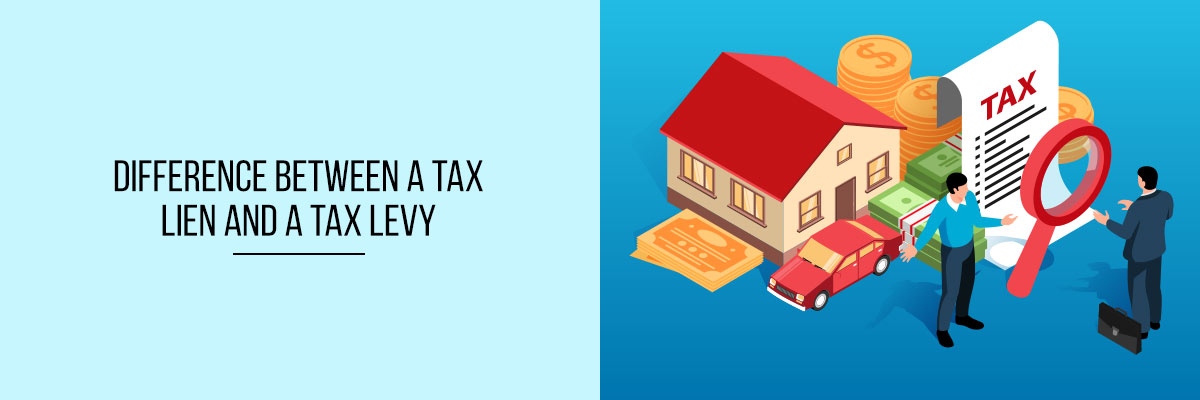Tax jargon does not come naturally to individuals who do not work for the IRS. That is one of the causes why there is so much confusion regarding the difference between a lien and a levy. The two terms are not interchangeable but are linked.
Let us break down what there is to know about a lien and a levy.
Levy vs. Lien
A tax lien is a federal government notice placed on a property in order to record the tax, interest, and penalties on a property’s estimated taxes. If a creditor has a tax lien on a property, they will then be able to seize the property either through the sheriff or through a self-executing process known as a levy. A levy is a court-ordered sale of the property to satisfy a creditor’s monetary claim.
A Tax Levy is an official request for money from you to the IRS. The IRS can send you a tax levy if you owe money to them, and if you don’t pay the tax levy, the IRS can sell your property (including your vehicles) to pay off your debt to them. If you’ve never heard of a Tax Levy, it’s because the IRS usually does not go around to your house and demand money from you unless you owe money.
What Is a Levy?
A tax levy is an administrative action the IRS takes to seize property in order to satisfy a tax liability. The levy “includes the power of distraint and seizure by any means” depending on the severity of the tax debt. A Tax Levy may be used to collect taxes owed by a taxpayer, such as taxes owed to the federal government, state taxes, and local taxes. A Tax Levy may be initiated by the IRS, or by the taxpayer. The IRS may levy any property or assets of a taxpayer, including bank accounts, stocks, bonds, and other investments.
What Is a Lien?
When a government agency considers you liable for a tax debt and issues a tax lien, it files a notice of the assessment with the county recorder. The lien gives the public notice that the IRS believes you owe taxes and shows up on your credit report. A lien is a summary of your tax liability, and it is a document that you as the taxpayer must pay as soon as possible.
Final Words
In a nutshell, a tax lien is an official document that states the IRS has levied certain taxes against your property, giving you time to pay up. A tax levy is similar, but it is issued by the property owner himself, who has the right to collect the owed property taxes. However, unlike a tax lien, a property owner can seek paid-in-full property taxes from any individual or entity that owns the property, whether it is you, your spouse, your business partner, your neighbor, etc.
Attend the Compliance Prime webinar to learn more about tax levy and tax lien.


